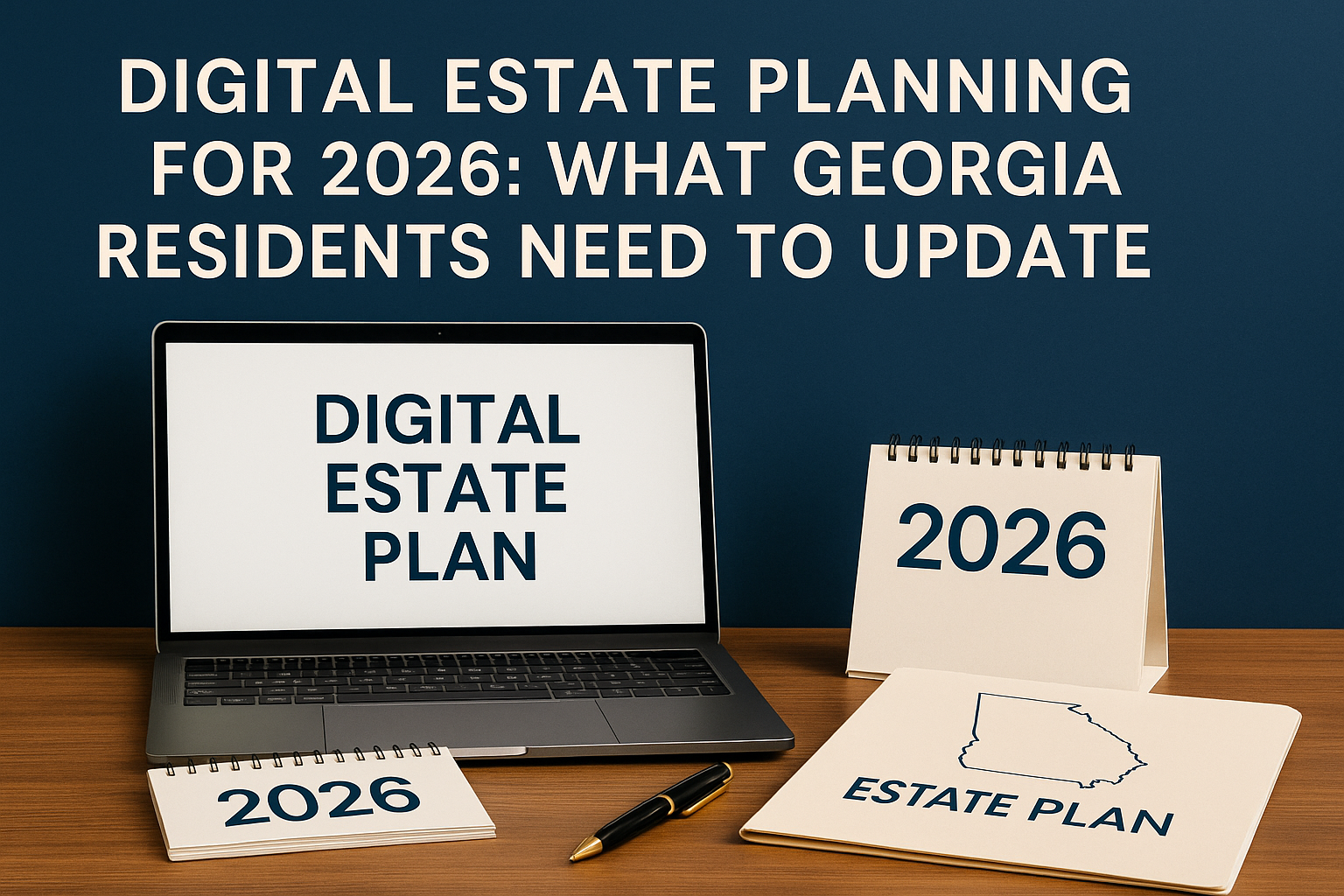Legal guardianship can provide much-needed stability for a minor child when a parent is unable to care for them. But in Georgia, it’s important to understand that guardianship comes with legal limitations and is not a full replacement for parental rights or custody.
If you’re considering becoming a guardian—or are currently one—here’s what Georgia law allows, and what it does not.
What Does Legal Guardianship Mean in Georgia?
Legal guardianship gives an adult the right to care for a minor and make decisions on their behalf. This includes:
- Providing food, shelter, and medical care
- Enrolling the child in school
- Making day-to-day decisions about the child’s well-being
- Applying for public benefits on behalf of the child
In most cases, guardians are appointed by the probate court and are required to act in the best interests of the child.
👉 Read more: What You Should Know About Guardianship in Georgia
What Guardians Cannot Do
Despite these powers, guardians do not have full parental rights. The guardianship relationship is both limited and court-supervised. Here are some important limitations:
- Does guardianship override custody? No. A guardianship does not terminate or replace a parent’s legal custody. It may temporarily shift responsibility, but a court order is required for permanent custody changes.
- Does guardianship override parental rights? Not permanently. Unless the parent’s rights are legally terminated, the parent can petition the court to regain custody. Guardianship does not equal adoption.
- How hard is it to terminate guardianship? If a parent can demonstrate stability and fitness, the court may return the child to their care. The guardian’s authority is always subject to review, and the guardianship can be revoked.
- Guardians must file annual reports and account for the child’s welfare and finances, especially if the child receives support or benefits.
Guardianship vs. Custody and Adoption
Understanding the differences can help avoid confusion:
| Legal Role | Authority Over Child | Parental Rights Affected | Court Supervision | Can Be Terminated? |
|---|---|---|---|---|
| Guardianship | Yes | No | Yes | Yes |
| Custody | Yes | Yes (if court-ordered) | Yes | Yes (via court) |
| Adoption | Yes | Yes (terminated) | No (after final) | No |
Guardianship is meant to provide care when necessary, but it preserves the possibility of reunification with the biological parent whenever appropriate.
When Legal Guardianship Makes Sense
Guardianship may be the best fit when:
- A parent is incarcerated, deployed, or struggling with addiction
- A child is living with a grandparent, aunt, or family friend
- The family wants a temporary solution without terminating parental rights
A clear court-appointed guardianship provides legal authority for medical decisions, school enrollment, and other daily responsibilities.
Final Thought
Guardianship is not permanent custody, and it does not cancel out parental rights. It is a protective legal tool with real limitations, and should be used with a clear understanding of its boundaries.
At Hurban Law, LLC, we help families in Georgia navigate guardianship proceedings with clarity and confidence. If you’re seeking to establish, maintain, or challenge guardianship, we’re here to help.
Contact us today for guidance on the best path forward for your family.





